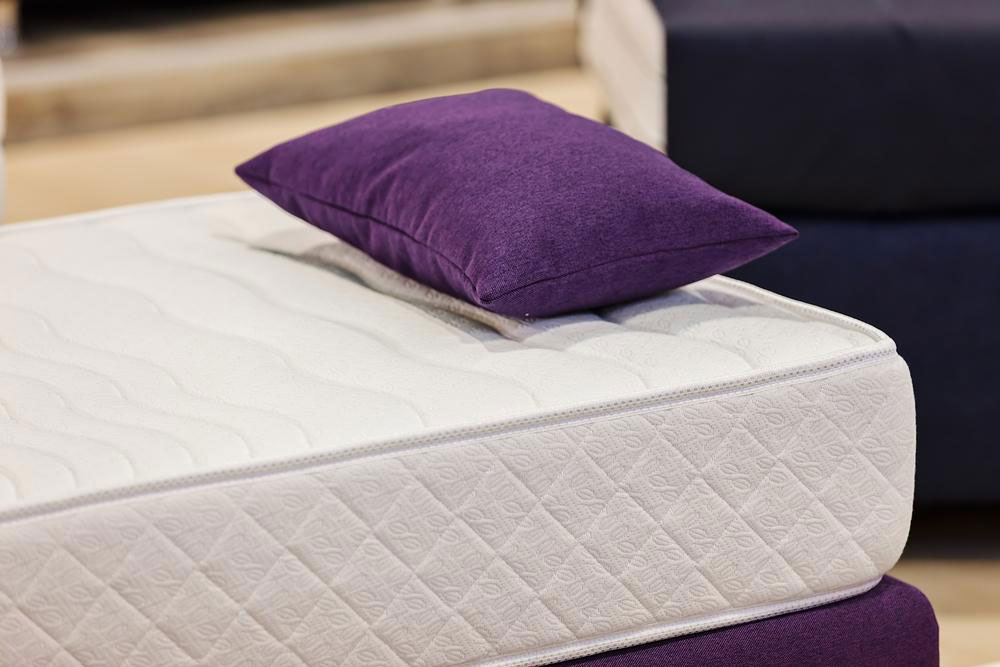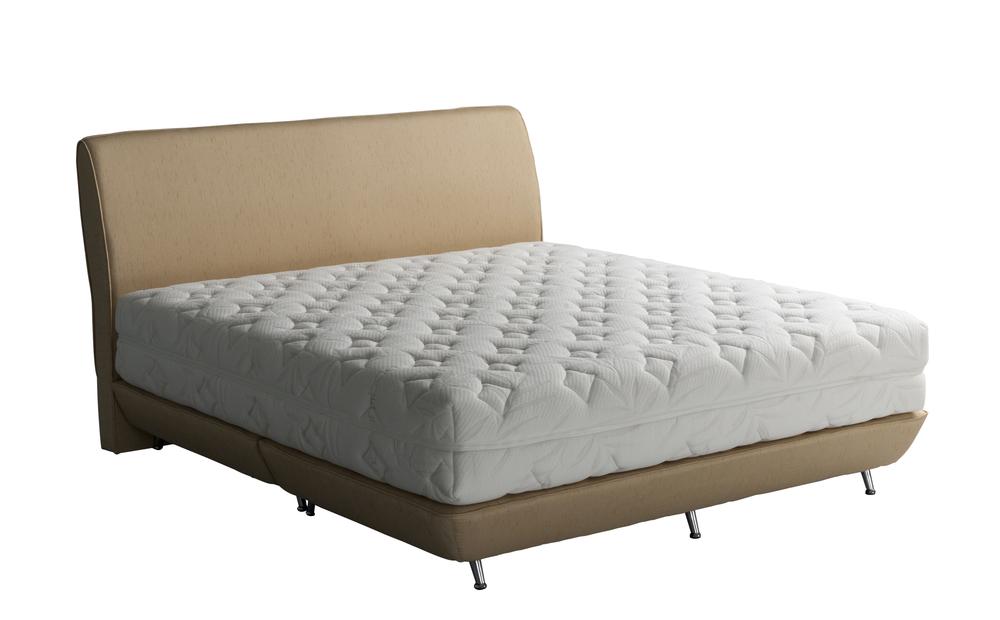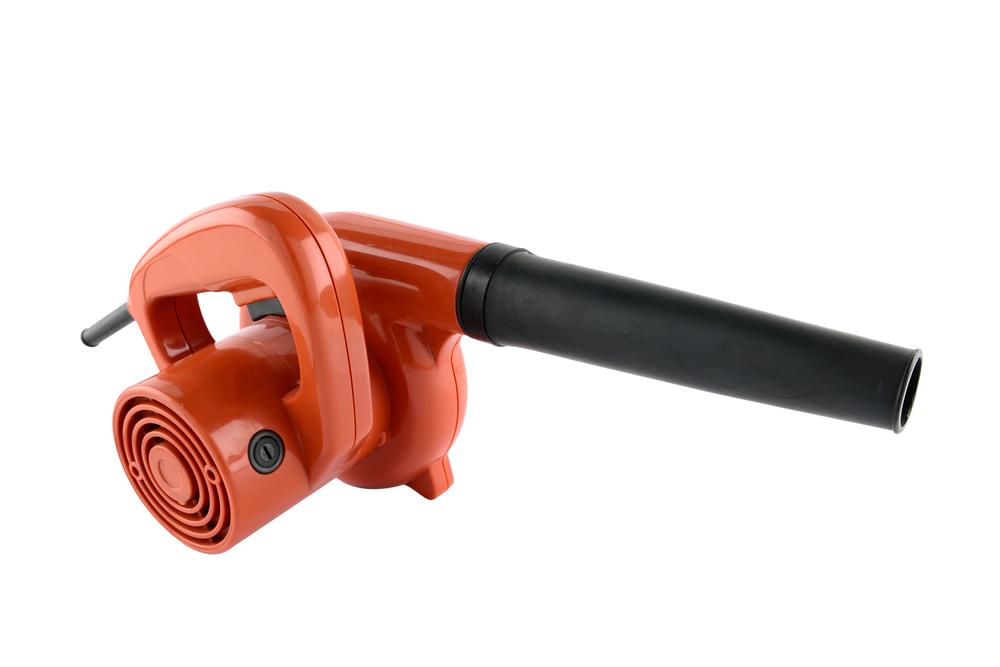Selecting the Perfect Mattress Based on Body Weight
This guide emphasizes selecting the right mattress based on body weight, highlighting how support, sinkage, and firmness levels vary across different weight categories. Understanding these factors helps in choosing a mattress that provides optimal comfort and support tailored to individual needs, whether for lightweight or heavyweight sleepers. The article offers practical tips to ensure better sleep quality by matching mattress type to body weight, making it an essential resource for informed mattress shopping.

Choosing a mattress tailored to your weight
Finding the ideal mattress involves considering several factors, with body weight being one of the most significant yet often overlooked. Although it might seem minor, body weight plays a crucial role in determining the mattress’s support, sinkage, comfort level, cooling features, and overall feel. Different body types and weights influence how a mattress responds, so selecting a mattress that aligns with your weight ensures optimal comfort and support. Properly matching mattress type to your weight can dramatically enhance sleep quality.
The best mattress choices vary according to the sleeper's weight, which can be grouped into these categories:
Lightweight sleepers (under 150 pounds)
These individuals typically face less sinkage and do not require overly dense top layers. Selecting a slightly softer mattress than the standard recommendation ensures comfort by avoiding excessive firmness, especially since most mattresses are designed for the average body weight.
Moderate weight sleepers (150-200 pounds)
This group represents the most common sleeper category, often considered the ideal target for many mattress manufacturers. These beds generally provide a medium feel—neither too soft nor too firm—rated around 5-7 on a 10-point scale, tending toward medium or medium-firm options.
The universal comfort zone centers around medium firmness levels, balancing support and softness effectively.
Heavyweight sleepers (over 200 pounds)
These sleepers exert greater pressure, necessitating mattresses with a minimum of 4 inches of supportive comfort layers to ensure proper support. Options like coil-on-coil innerspring or high-end foam mattresses with reinforced edges help accommodate their needs by providing consistent support and cooling. Foam-based models offer excellent contouring and shaping for body weight distribution.
Lightweight sleepers seeking softness
Foam mattresses fit well for lightweight individuals who prefer a plush, cloud-like experience without excessive sinkage or heat retention. Firmness levels for this group typically fall between 3 and 4 on a 10-point scale.
Average-weight sleepers desiring softness
Similar to lighter sleepers, those around 150 pounds should follow comparable guidelines. However, individuals closer to 200 pounds need to carefully consider sinkage to ensure support, especially for side sleepers who prefer more contouring, versus back and stomach sleepers who favor firmer support.
Heavy sleepers looking for soft beds
For individuals over 200 pounds who prefer a soft feel, finding a mattress that offers both comfort and sufficient support can be challenging. Deep compression support layers are essential to prevent excessive sinkage while maintaining softness.
Choosing the right mattress depends on body type and weight, ensuring the best sleep quality tailored to individual needs.










